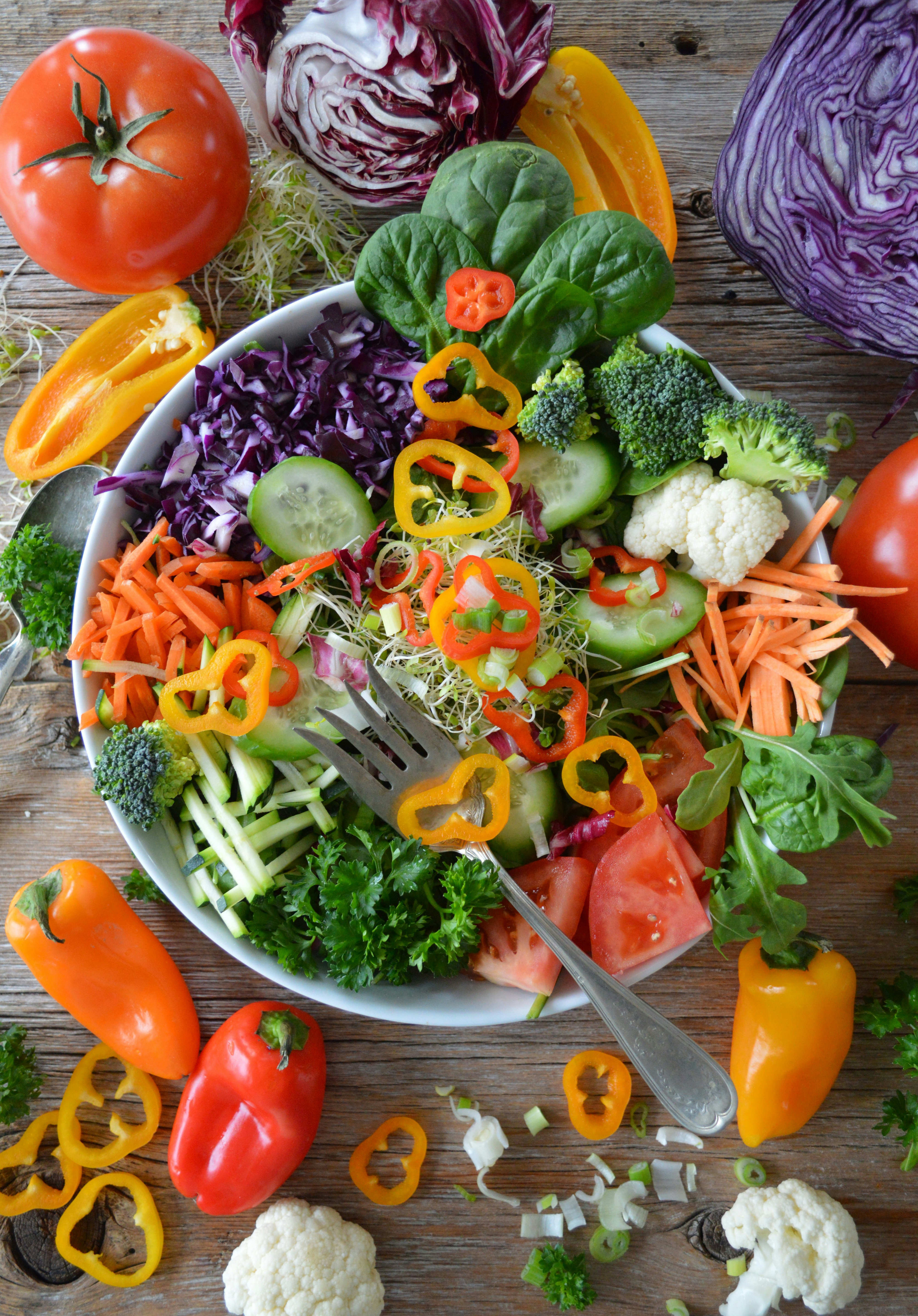
The dark and cold months can bring on fatigue, low energy levels, and a general lack of motivation. One key way to stay feeling good during this time is by taking care of your diet to ensure your body gets the necessary vitamins and minerals. Here are some essential vitamins and foods that will help keep you healthy and energized throughout this period.
1. Vitamin D – Your Sunlight Substitute
Vitamin D is particularly important during the darker months as it helps support your immune system and maintain a stable mood. With limited sunlight in the winter, we can’t get enough vitamin D from exposure alone. This makes it crucial to source it from food or supplements.
The best food sources of vitamin D:
● Fatty fish, like salmon, mackerel, and sardines. ● Fortified products like milk, orange juice, and cereals. ● Egg yolks and beef liver.
Tip: If you’re unsure whether you’re getting enough vitamin D, consider getting a blood test to determine your levels, and consult a nutritionist for personalized advice if needed.
2. Vitamin C – Immune Booster
Vitamin C is well-known for its immune-boosting properties and helps speed up recovery from colds. With viruses and colds spreading more easily in winter, maintaining your vitamin C intake is especially important.
The best food sources of vitamin C:
● Citrus fruits like oranges, grapefruits, and lemons. ● Bell peppers, particularly red ones, which contain more vitamin C than oranges. ● Broccoli, kiwis, and strawberries.
3. Iron and B Vitamins – The Energy Providers
If you often feel tired in winter, it could be due to a lack of iron or B vitamins. Iron is essential for the production of red blood cells, which carry oxygen throughout your body, while B vitamins help in energy production.
The best food sources of iron and B vitamins:
● Red meat, chicken, and fish. ● Green leafy vegetables like spinach and kale. ● Whole grains, nuts, and seeds.
4. Omega-3 Fatty Acids – Mood and Brain Boosters
Omega-3 fatty acids are crucial for brain health and can help improve your mood, which is especially helpful during the darker months when many people experience a drop in mood. It can be difficult to get enough omega-3s through diet alone, so adding more fish to your meals or considering a supplement may be beneficial.
The best food sources of omega-3:
● Fatty fish, like salmon, herring, and sardines. ● Chia seeds, flaxseeds, and walnuts.
5. Magnesium – Stress and Muscle Tension Reliever
Magnesium helps to relax muscles, regulate sleep quality, and reduce stress. During the cold months, when tension can build up in the body, magnesium is an important mineral to consider.
The best food sources of magnesium:
● Dark leafy greens, like spinach and kale. ● Nuts, seeds, and legumes. ● Whole grains and bananas.
Staying healthy and energized during the darker months starts with the right diet and ensuring you get enough vitamins. If you feel you need a more personalized approach, consulting a nutritionist can provide valuable advice and help you create a tailored eating plan. You might also consider getting a blood test to get a clearer picture of your vitamin and mineral levels.
